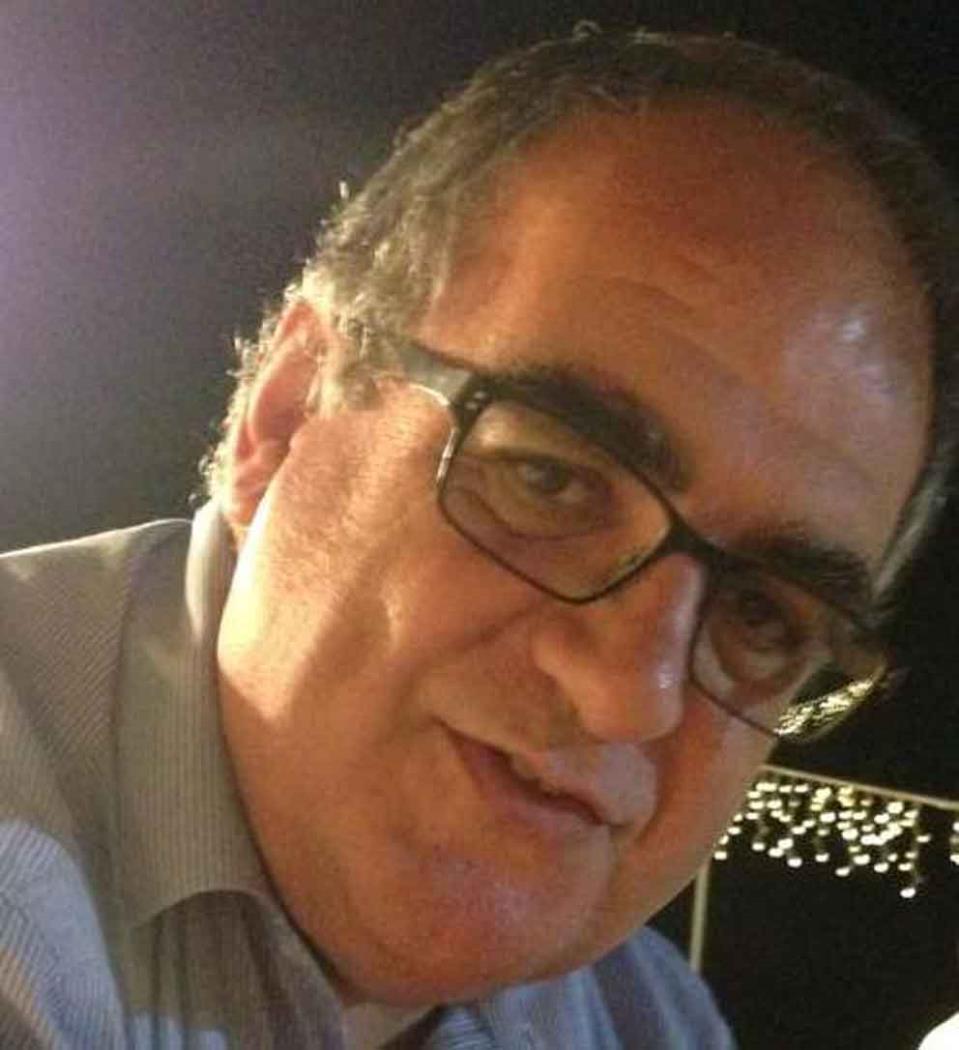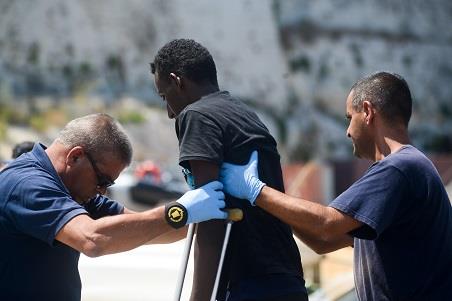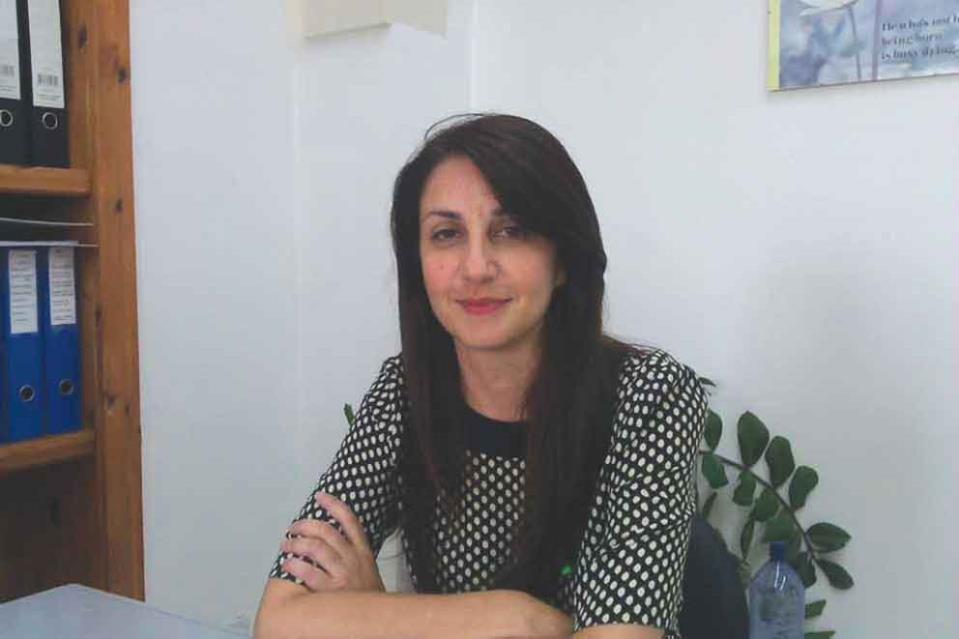The Mental Health Commissioner’s office is constantly seeking ways to empower the patient further according to the Mental Health Act of 2012, Mental Health Commissioner Dr John M. Cachia told this newsroom. He also points out that the mental health sector is facing a new challenge, that of trying to understand the extremity of mental health stigmas of other cultures, such as those of migrants who arrive in Malta after a perilous journey. As for the medication administered to mental health patients, he emphasises that the important factor is not the colour or size of the tablets but the chemicals inside it. He emphasises that generic drugs imported to Malta are monitored by the regulator which ensures that generic drugs are not inferior to brand-name drugs.
Dr Cachia explained that mental welfare officers step in when patients themselves are unable to identify a responsible carer or do not have one to help them, so that an involuntary admission for observation can take place and the patient’s treatment plan can be implemented.
“Patients have a right to identify their responsible carer, away from the past notion that the carer must always be the next of kin,” Dr Cachia said. The responsible carer has a set of obligations to adhere to and must also be there for the patient in the after-care process.
“Patients have a right to choose a person who they feel is the right one and be of assistance in difficult times,” Dr Cachia said.
This, he said, is all part of the Mental Health Act of 2012 which is patient-focused, promotes new models of care, reduces the hospital stay of a patient, gives them the right to information and active participation in their own treatment plan, and pushes for social inclusion.

“We are trying to ensure that patients don’t just rely on mental welfare officers but do identify a responsible carer themselves while also playing a big role in their own treatment plan,” he continued. This in itself, he said, gives more powers to the patient to take certain decisions.
Explaining the role of mental welfare officers, he said that such professionals are trained to work with people who have mental health issues. “Any health care professional recognised by law can be trained to do this duty; it is the wrong perception that such officers can only be social workers.
“Mental welfare officers are normally called in by a doctor recommending that a patient is admitted involuntarily to Mount Carmel Hospital (they are on standby and are not actually stationed at the mental care hospital) but the patient refuses to be admitted and / or there is no responsible carer or the relatives of the patient are reluctant to sign the patient in to the mental care hospital due to stigma-related fears.
“A patient has a right to refuse being admitted to the hospital but one must ensure that he or she will not be of any danger to self or others in society and evaluate if failure to admit them could lead to their mental health deteriorating further as a result,” the mental health commissioner said. However, the vast majority of patients accept to be admitted for treatment, he added.

One of the roles of Dr Cachia’s office is to approve, monitor and review involuntary care.
Dr Cachia said that there are two phases one goes through when one is involuntarily admitted to the mental health hospital: A medical recommendation phase and an application phase.
The medical recommendation is made either by a GP or a psychiatrist while the application, ideally, is done by the responsible carer – “a concept we constantly push for.”
He said that when patients are admitted against their will, the Mental Health Commissioner’s office evaluates, among other things, whether the patient is being admitted to the mental health hospital on the recommendation of a relative whose interests are that of the patient.
When dealing with involuntary admission cases, Dr Cachia’s office issues a treatment order in which we identify and include the responsible carer when available.
At all times, the patient and the responsible carer should be the leading persons when it comes to implementing a treatment plan for the patient, he reiterated.
Most asylum seekers do not have responsible carers
Dr Cachia went on to say that the majority of asylum seekers do not have a responsible carer in Malta since most travel alone. This also happens when youths are on holiday by themselves. In such cases, mental welfare officers are called in, he said.

“Migrants don’t have a safety network to go to and we must also learn about how mental disorders in other countries where migrants come from are dealt with and the extremity of stigma in different cultural backgrounds.
“In Malta we have our own problem with stigma but can you imagine how worse the stigma in certain countries is?” he asked. This kind of culture leads to migrants isolating themselves further and refusing help, Dr Cachia added.
He said that migrants are at a high risk when it comes to mental health problems since they would have taken a tough decision to leave their country, relatives and belongings, if any, and then make a long perilous journey only to face detention on arrival. Until then, they are resilient, but in time their resilience drops considerably and this is compounded by the lack of a safety network – a new aspect of migration which is presenting itself as a challenge for us.
Overcoming stigma
Dr Cachia said that the mental health stigma is still strong in our society. “We need to engage in further public awareness and educate people on this issue. Many don’t speak out due to personal or family work or marriage-related prospects, for instance.
Citing an example where consistent awareness has made a difference, Dr Cachia said that today we promote, enhance and celebrate ability rather than speak about disability.
“It should be the same with mental health. “The more families come forward, the less threatening the situation would be,” he continued.
Change of medication
It was pointed out recently by a parliamentarian that the change in tablets to treat mental disorders was causing patients anxiety.
On this point, Dr Cachia said that we need to explain to patients that it is not the colour or size of the tablet but the chemical content which is important.
“Since we joined the EU, all medicines imported to Malta have to be certified by the regulator – the Medicines Authority. Generic drugs are imported from various countries and this may lead to a change in colour or size of the tablets procured and administered. But the chemical content remains what it is.
“Generic drugs which are administered to patients are certified by the regulator to be equivalent to brand-name drugs.
“Are we going to reach a stage whereby people start doubting the regulator in such cases?,” he asked. It is this authority which ensures that any tablets which are imported are at least bio-equivalent, Dr Cachia stressed.
When asked how patients who refuse to believe that the colour or size of the tablets is not important, he said: “Patients are to look for the chemical name and the dosage – the two important factors that must not change.
“The responsible carers should be given the same information as the patients to be able to explain to patients who cannot understand this due to their mental state.
“When in doubt, patients should not stop taking tablets but should seek professional help,” Dr Cachia concluded.
Richmond Foundation to launch anti-stigma campaign on 19 June
Contacted for a comment, Daniela Calleja Bitar, operations manager, Richmond Foundation said that the foundation has always advocated that the client should be involved and be the main decision-maker in his or her own care plan.
When asked whether she feels the mental health stigma in Malta is still prevalent, she said that awareness has increased over the years but there is still a lot of stigma and misunderstanding surrounding mental health. In fact, she continued, Richmond will be launching an anti-stigma campaign called ‘Time to Change’ in Malta on 19 June.

When asked whether she has noted that Malta is facing a new challenge, that of migrants who are coming unattended after enduring quite a journey are finding it harder to integrate and instead are becoming more and more isolated, she said: “Yes, Malta is facing this new challenge. As mental health professionals we are trying to give the necessary support needed. More resources however need to be provided to give a better service.”